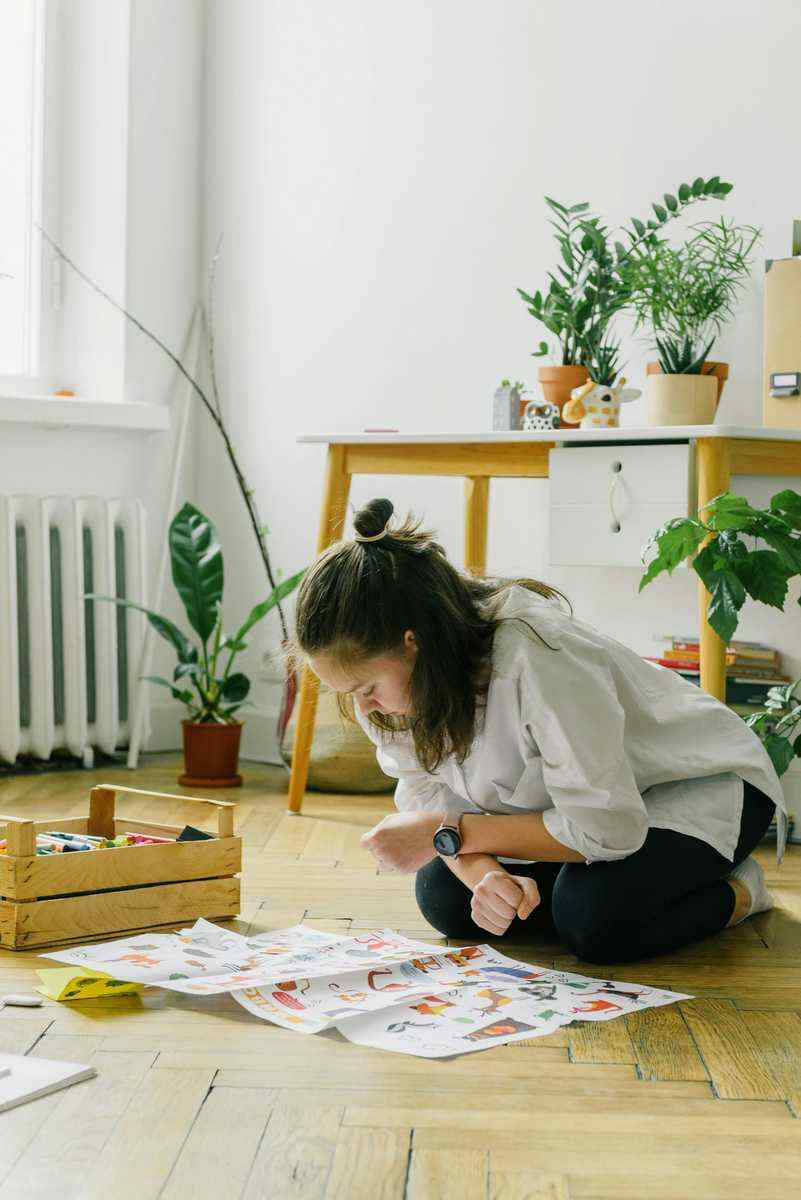Recycling in Boise: A Comprehensive Guide for Residents
Introduction: Embracing Sustainable Living
In today’s environmentally conscious world, recycling has emerged as a crucial practice to combat waste and conserve natural resources. Boise, Idaho, is no exception to this global movement, embracing sustainable living with its comprehensive recycling program. This guide will provide Boise residents with a step-by-step approach to recycling, ensuring that discarded materials are diverted from landfills and repurposed into valuable resources.
Step 1: Get Acquainted with Boise’s Recycling Program
The initial step towards successful recycling is familiarizing yourself with Boise’s recycling program. The city offers a commendable curbside recycling service, making it convenient for residents to recycle from the comfort of their homes. Additionally, Boise boasts several recycling centers where residents can drop off various recyclable materials.
Curbside Recycling: A Convenient Option
Boise’s curbside recycling program operates on a bi-weekly schedule, with alternating weeks designated for recycling and trash collection. Residents are provided with two bins, one for recyclables and one for trash. The recycling bin is typically blue or green, while the trash bin is black.
Recycling Centers: Drop-off Convenience
For materials not accepted in curbside recycling, Boise offers several recycling centers strategically located throughout the city. These centers accept a wider range of recyclable materials, including electronics, appliances, and yard waste. Residents can find the nearest recycling center using the city’s online recycling center locator.
Step 2: Understanding What to Recycle
The key to effective recycling lies in understanding what materials are accepted in Boise’s recycling program. The following list provides a comprehensive overview of recyclable items:
– Paper products: Newspapers, magazines, junk mail, cardboard, and paperboard.
– Plastic containers: Bottles, jugs, tubs, and lids with recycling symbols #1 through #7.
– Metal containers: Aluminum and tin cans, foil, and empty aerosol cans.
– Glass containers: Bottles and jars of any color.
– Electronics: Computers, TVs, cell phones, and other electronic devices.
– Appliances: Refrigerators, stoves, dishwashers, and other household appliances.
– Yard waste: Grass clippings, leaves, and branches.
Step 3: Preparing Recyclables for Collection
Properly preparing recyclables for collection ensures that they are processed efficiently and effectively. Here are a few guidelines to follow:
– Rinse and empty all food and beverage containers.
– Remove labels from plastic bottles and jars.
– Flatten cardboard boxes and remove any packing materials.
– Break down large appliances and electronics into smaller pieces.
– Place recyclables loosely in the designated bins or containers.
– Avoid bagging recyclables unless specifically instructed by the recycling program.
Step 4: Avoiding Common Recycling Mistakes
To ensure that your recyclables are properly processed, it’s essential to avoid common mistakes that can contaminate the recycling stream. Some common pitfalls to watch out for include:
– Mixing non-recyclable items with recyclables.
– Placing recyclables in plastic bags instead of loose in the bin.
– Including food-contaminated items in the recycling bin.
– Recycling items that are not accepted in Boise’s recycling program.
Step 5: Additional Recycling Options
Besides the curbside and drop-off recycling programs, Boise offers additional recycling options for specific materials:
– Glass recycling: Boise has several glass recycling drop-off locations where residents can dispose of glass bottles and jars separately.
– Electronic recycling: The city partners with local organizations to provide electronic recycling events throughout the year. Residents can also drop off electronics at designated recycling centers.
– Appliance recycling: Boise offers appliance recycling services through its curbside program and recycling centers. Residents can schedule a special collection for large appliances.
– Paint recycling: Residents can recycle leftover paint and paint cans at designated drop-off locations in Boise.
Conclusion: Recycling’s Impact on Boise’s Sustainability
Recycling is an essential component of Boise’s sustainability efforts, helping to reduce waste, conserve resources, and protect the environment. By actively participating in the city’s recycling program, residents play a vital role in creating a greener and more sustainable future for Boise.
Call to Action: Join the Recycling Revolution
Embracing recycling is a collective responsibility, and every individual’s contribution makes a significant difference. Boise residents are encouraged to take an active role in recycling, ensuring that discarded materials are diverted from landfills and transformed into valuable resources. Together, we can make Boise a model of sustainable living and leave a lasting legacy for generations to come.
